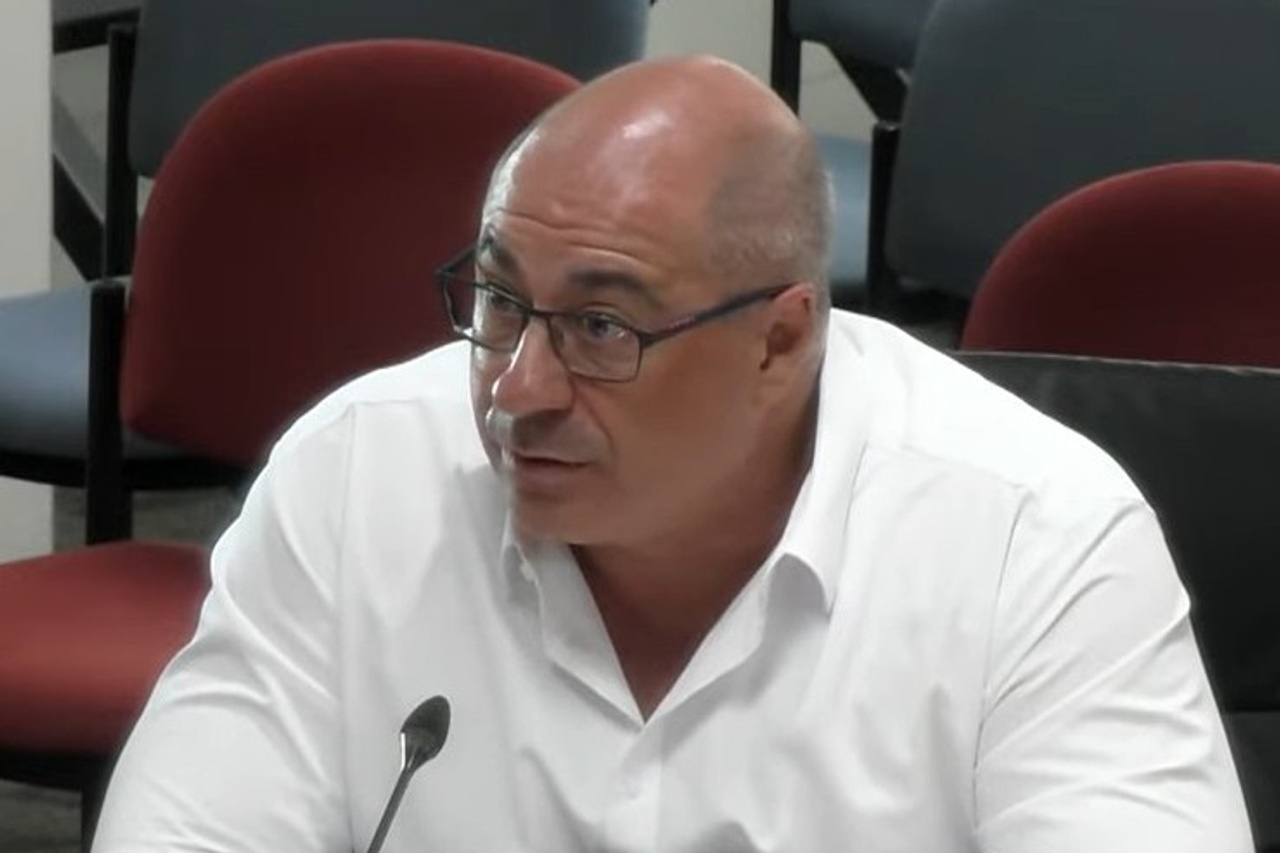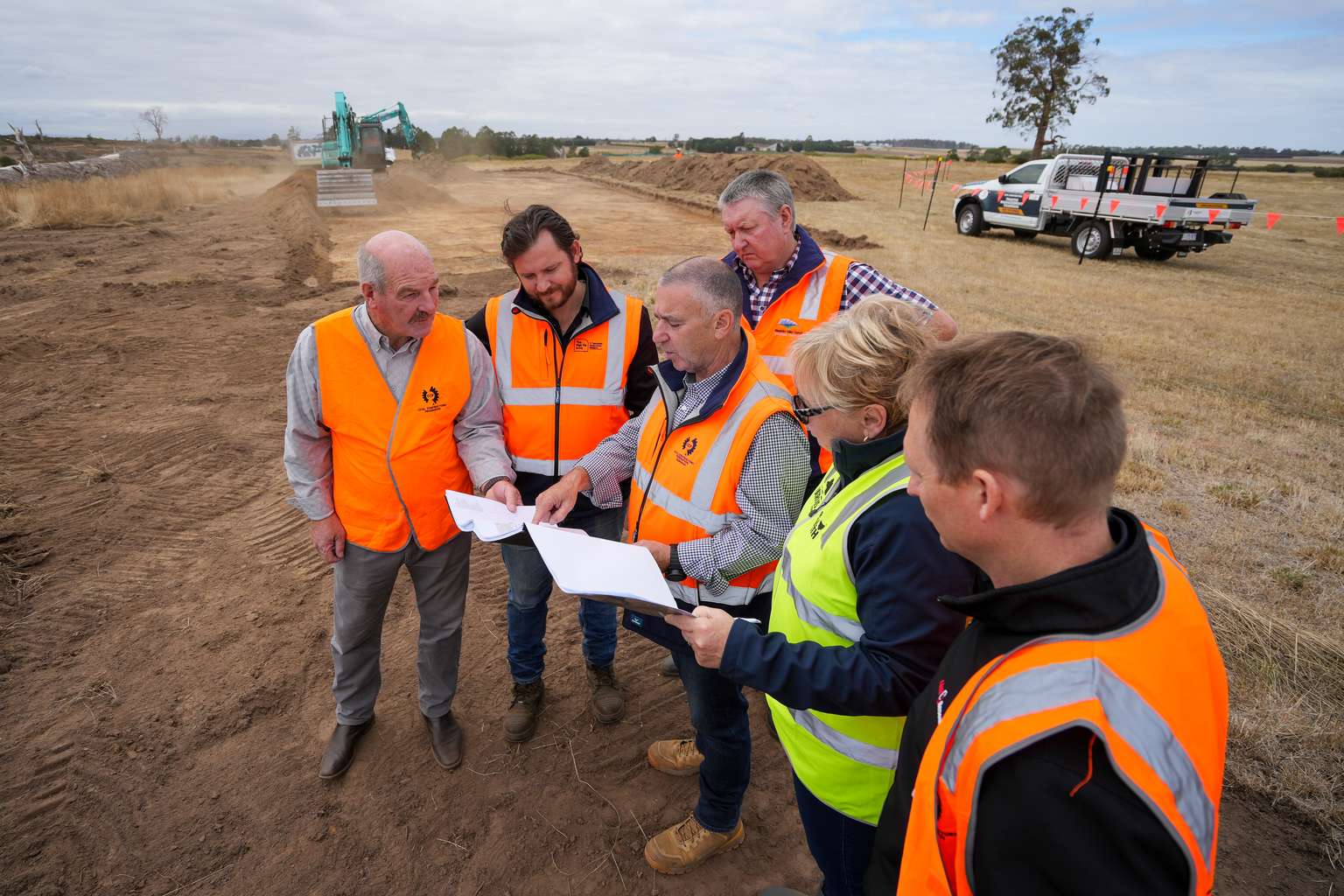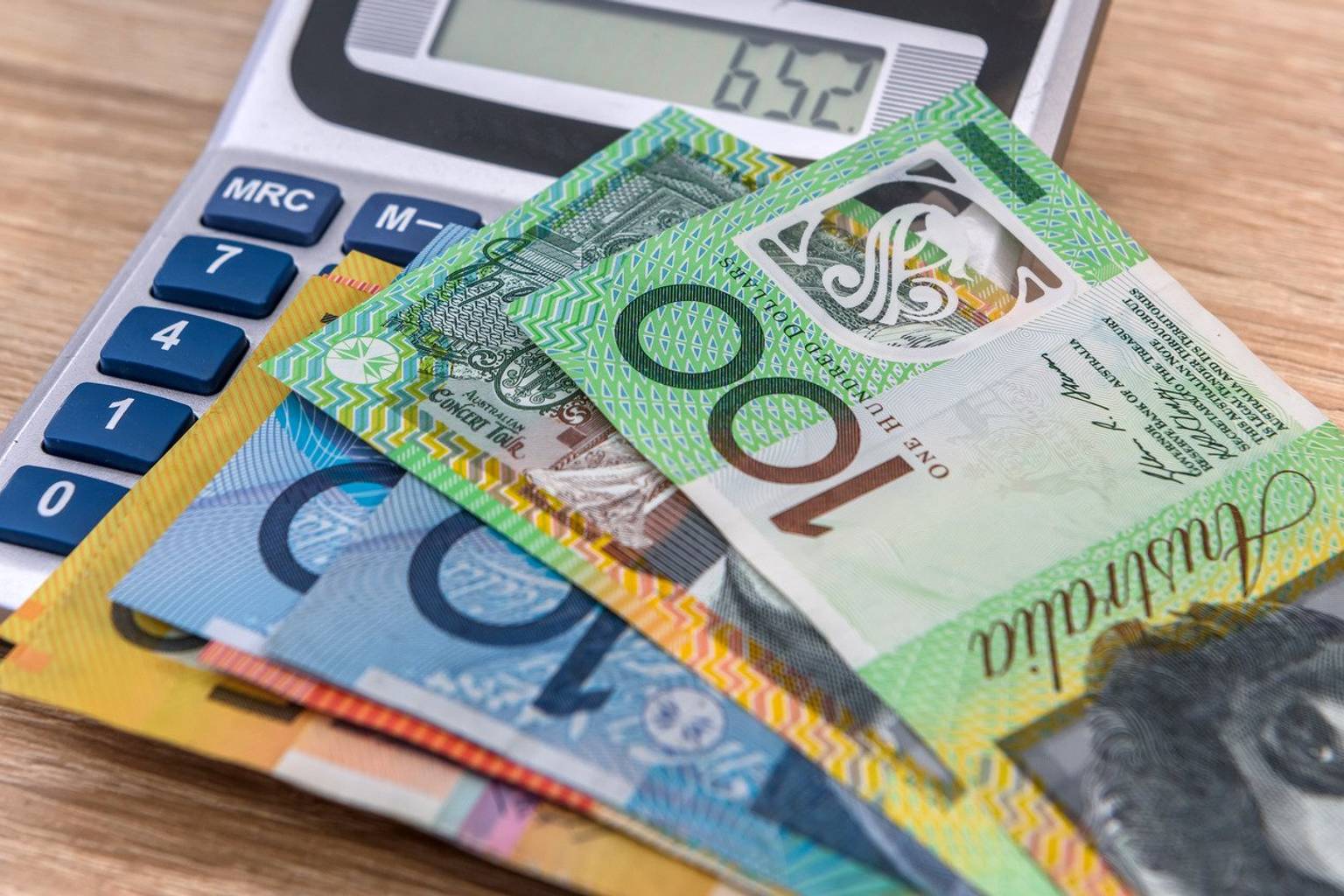Tasmania’s half-price public transport initiative has failed to increase passenger numbers despite being in place for nearly a year, with new data revealing a slight decline in usage across the Metro Tasmania network.
Figures obtained by the Greens show Metro Tasmania recorded 1.3 per cent fewer boardings in February 2025 compared to the same month last year, before the fare reduction was introduced.
Transport Minister Eric Abetz has defended the program, insisting it was “first and foremost a cost-of-living measure” rather than primarily aimed at boosting patronage.
“Boardings data from Metro Tasmania shows that half-priced fares have not had a significant impact on the number of boardings on Metro services since they were introduced,” Abetz admitted in response to a question on notice from the Greens.

The state Liberals slashed public transport fares by 50 per cent on June 1, 2024, with the initiative set to continue until June 30 this year.
The discount applies to Metro, Derwent Ferries, and private operators including Tassielink, Kinetic, and several regional coach services.

While urban services have not seen passenger growth, Abetz claimed there was “some anecdotal evidence” that longer-distance services with typically higher fares had experienced increased usage.
Burnet criticised the government’s approach, arguing that fare reductions alone were insufficient without service improvements.
“Tasmanians can’t trust Metro buses to arrive on time, or get them where they need to go,” she said.
“The Liberals aren’t looking to real solutions to increase public transport usage, like delivering free, frequent and reliable bus services.”

Abetz said the government was addressing reliability concerns through initiatives including real-time tracking and efforts to improve driver retention.
“We’re also investing across the board to incentivise Tasmanians to catch public transport using our common ticketing scheme, delivering more park and ride facilities and bus shelter upgrades across the state,” he said.








